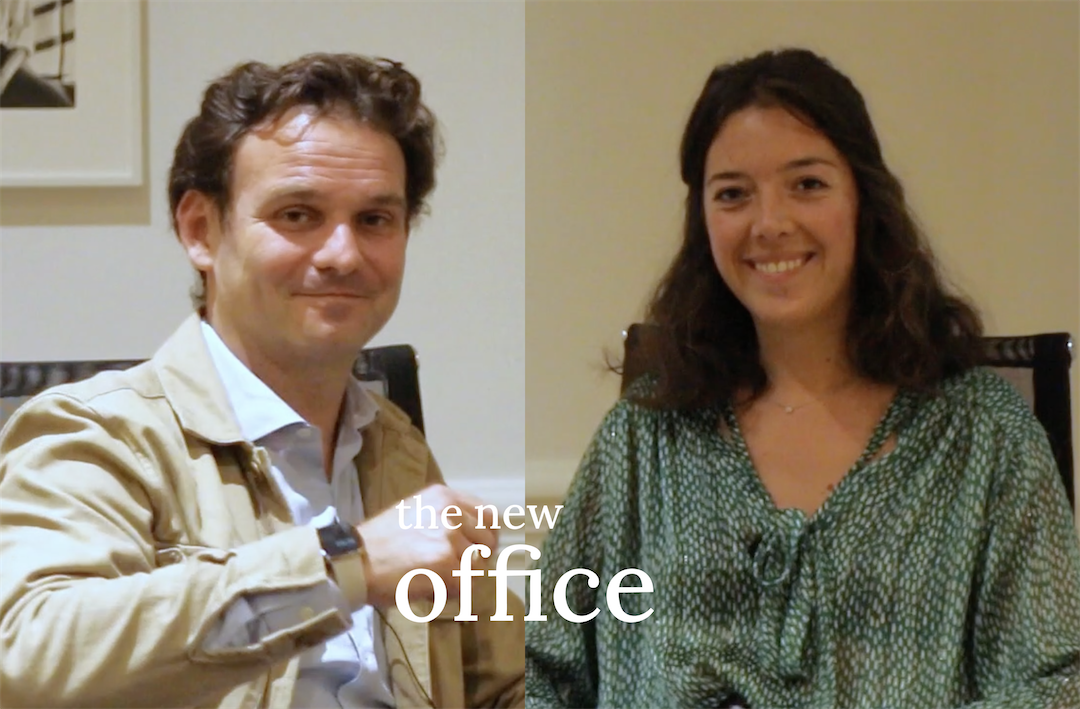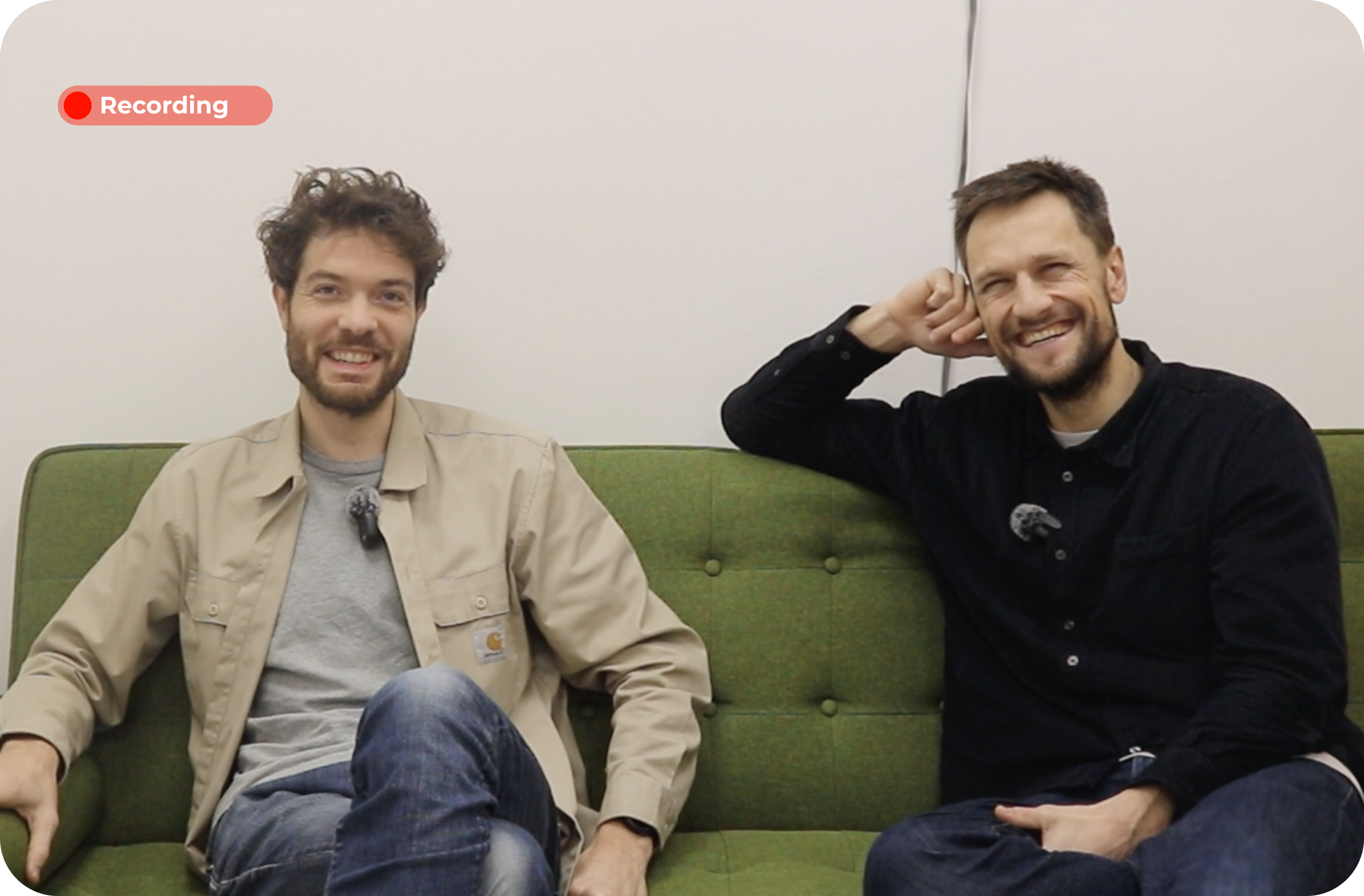Being HR in 2025: turn over, retention policy and self-enabling

Centralized management of your IT assets
Discover our all-in-one solution
The world of work is changing, and with it, the human resources (HR) profession.
As business practices change and new tools emerge, HR is facing new challenges, changing expectations, and constant needs to adapt.
But what will the role of HR really look like in 2025?
We spoke with Calixte, Managing Director at in Residence, to understand these trends and discover how professionals in the sector can adapt to meet the challenges of tomorrow.
What is in Residence? A new HR support model
In Residence is a firm specialized in HR consulting founded three years ago. Their objective: to support companies in their human resources problems thanks to a group of specialized experts. This innovative model brings together three groups of experts: HR managers, recruiters, and People Ops, who intervene occasionally within companies for specific missions, often on the basis of timeshare.
This HR model on a one-off mission brings several advantages:
- Cost reduction : businesses only fund the time needed to meet a specific need, without hiring full-time for temporary projects.
- Up to date expertise : as HR consultants are constantly active in the field, they stay up to date with the latest trends and best practices in the sector.
- Dynamism of profiles : working in different contexts and missions, these experts develop greater flexibility and ability to adapt.
A model that makes it possible to respond effectively to business needs, while bringing agility and flexibility to functions that are often perceived as rigid.
The daily life of an HR leader in 2025
A reality that is sometimes solitary and heavy to bear
For Calixte, one of the major challenges of HR directors is the Loneliness of the station. Because of the confidentiality and sensitive nature of their role, it is often difficult for them to share their concerns, to confide in each other, or even to obtain candid feedback from their collaborators.
The emotional load is also considerable: HR, on the front line in listening to employee problems and concerns, assumes the role of “emotional sponge” without always being able to externalize this pressure.
Key skills for tomorrow's HR directors
What skills will be essential to succeed as HR Director in the near future? Calixte identifies three main ones:
- Solid technical bases : in 2025, an HR manager will still have to master technical skills, such as employment law, HR operations, and negotiation techniques essential in conflict management.
- Developed social intelligence : knowing how to read between the lines, detecting weak signals in a conversation and perceiving what is not being said are valuable qualities for understanding and anticipating needs.
- Humility and listening : in an environment that values people and transparency, an effective HR manager will have to be open and able to question his beliefs in order to make the best decisions.
These qualities, combined, will allow 2025 HR managers to meet the challenges of the sector while remaining close to their teams.
Towards a new way of working
The time when seniority within a company was a mark of pride seems to be well and truly over. Indeed, a few generations ago, stability in a single company was seen as an achievement. The answer to “What do you do?” often came down to a simple “Me? I am at Total.” Today, younger generations are more assertive about their function than their company. We will hear more: “I am a digital project manager” rather than “I work at X.”
This evolution has a direct impact on HR:
- Increase in turnover : the new generations do not hesitate to change jobs to improve their position or their working conditions. This raises the question of talent retention and retention, a major challenge for HR.
- Adapting businesses to new ways of working : teleworking, a four-day week, and corporate well-being initiatives have become levers for attracting and retaining talent.
Solutions and adaptation for 2025 HR
Faced with these challenges, companies have several options for adapting and optimizing HR processes.
Talent Retention Policy
Talent retention strategies pose a real dilemma for HR: is it realistic to seek to retain employees who are increasingly mobile, or should we on the contrary accept a certain level of turnover? Calixte does not have a definitive answer, but he believes that the key lies in a thorough understanding of the needs and aspirations of employees, while recognizing the reality of the job market.
Optimizing HR processes for greater efficiency
For HR, retention is not the only issue. The question is also how get employees up and running quickly, hence the rise of the concept of Self-Enabling. This approach involves:
- Train new employees so that they are productive from the very first days.
- Implement solutions that centralize information within the company, thus facilitating access and transmission of knowledge.
- Free up HR time by automating certain repetitive tasks (managing schedules, creating standard documents, etc.), so that they can focus more on the human and relational aspects of the job.
HR directors and artificial intelligence: a winning duo?
Artificial intelligence (AI) is gradually entering the HR sector, and the possibilities offered by this technology are vast. For Calixte, AI will be a valuable tool to support HR in tasks that are both strategic and operational.
Here are some concrete examples of applications:
- Process automation : thanks to bots, some simple administrative tasks, such as scheduling meetings or sorting applications, can be fully automated.
- HR data analysis : AI makes it possible to quickly analyze data on turnover, employee satisfaction rates, or even the effectiveness of recruitment processes.
- Personality tests and job suitability : by using personality tests, HR managers can better assess whether a candidate is well aligned with the company's culture and the position in question.
- Proactive talent identification : AI can be used to find relevant profiles on the market and approach candidates who match the values and needs of the company.
Beware of privacy challenges
However, AI in HR is not without risks. The collection and analysis of sensitive data raise questions of confidentiality and respect for the privacy of employees. Calixte emphasizes that transparency and respect for data sharing limits are essential for the relationship of trust between the company and its employees to remain intact.
In conclusion
The HR profession in 2025 promises to be both demanding and exciting, in large part thanks toevolution of technologies and mentalities. Professionals in the sector will have to juggle increasingly diverse expectations, while staying on top of new optimization solutions and technological innovations such as AI.
In the age of self-enabling and automation, the core of the HR business remains the same: support, listen, and federate talents. The ability to adapt to changes while maintaining a human dimension will be the key to facing transformations in the sector and meeting the expectations of new generations of workers.






